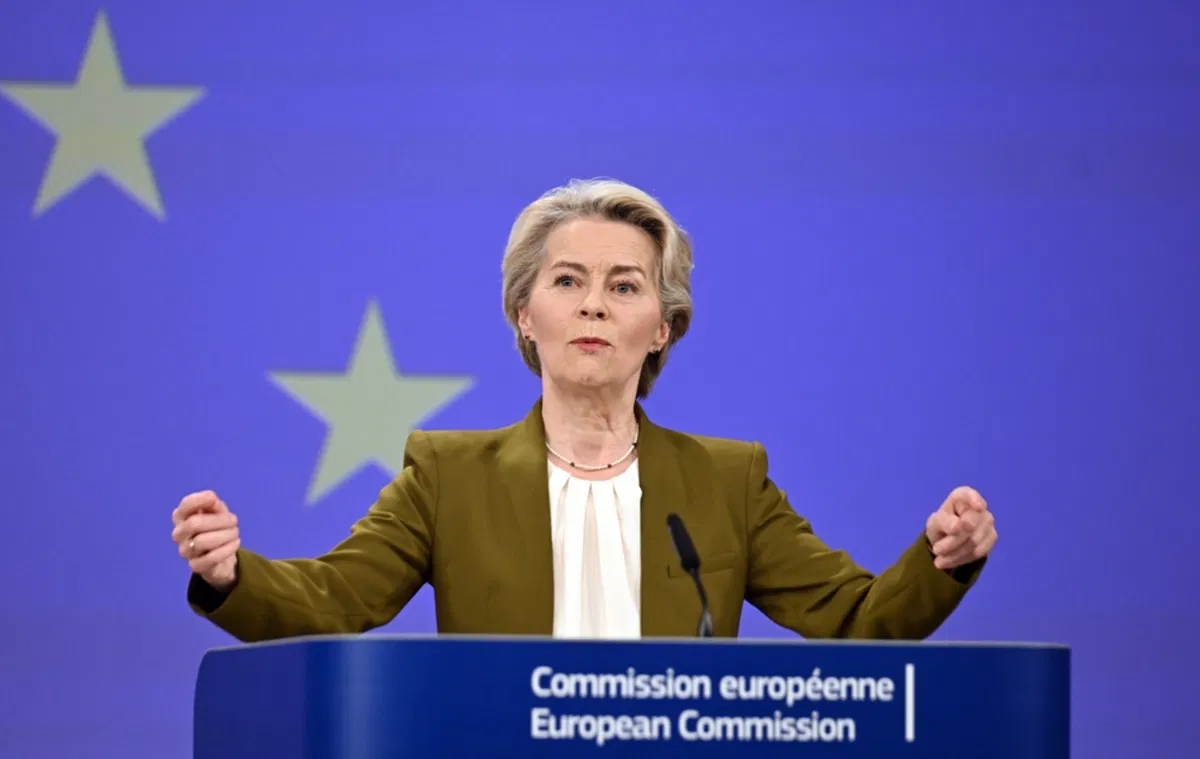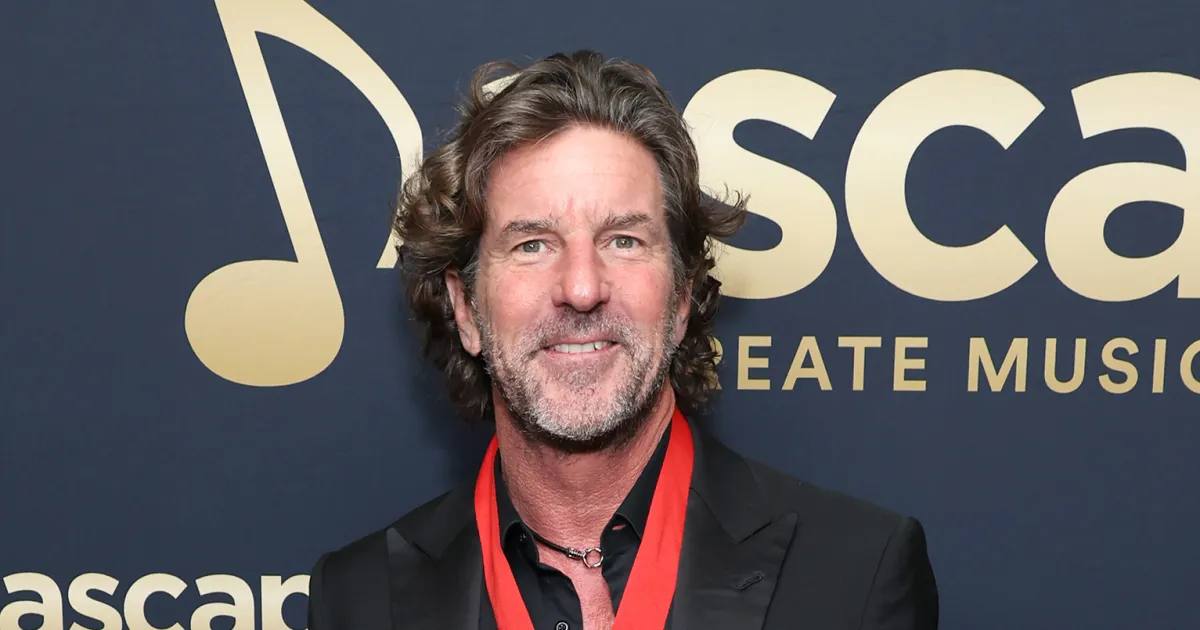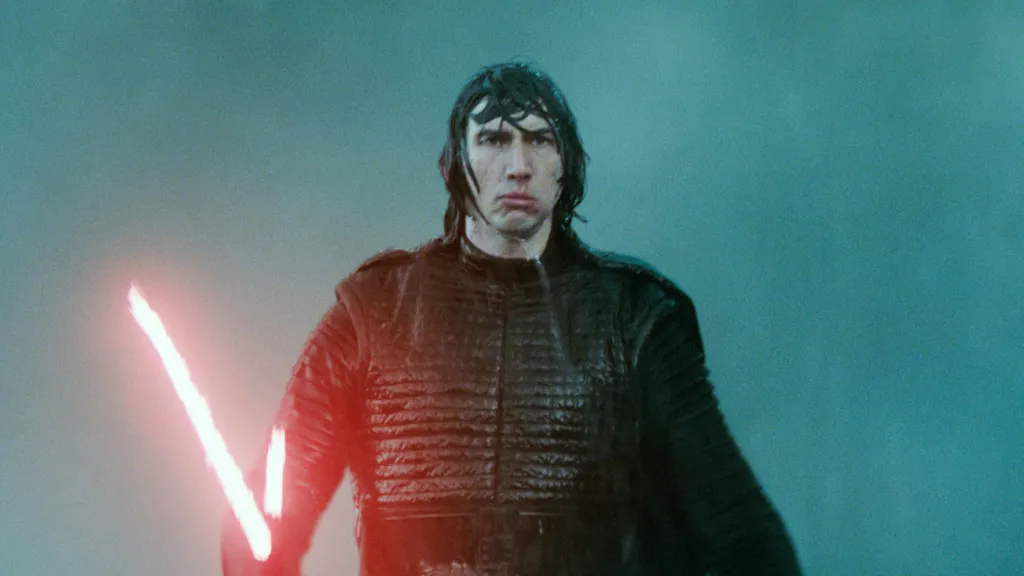Copyright euroweeklynews

Belgium’s Supreme Court has ruled that a criminal complaint against European Commission President Ursula von der Leyen was inadmissible, closing a three-year legal battle over alleged misconduct in the EU’s Covid-19 vaccine procurement. The ruling, confirmed by a Brussels Court spokesperson and lawyers involved, upholds a 2023 Liège court decision to dismiss the case. For von der Leyen, it’s a clear legal win. For critics, it leaves deeper questions about accountability and transparency at the top of the EU. Complaint centred on “Pfizergate” allegations The complaint was filed by Frédéric Baldan, a former EU lobbyist, accusing von der Leyen of interference in public office, destruction of evidence, corruption, and conflict of interest. Pharmaceutical giant Pfizer and its CEO Albert Bourla were also named, though they declined to comment. Hungary and Poland initially supported the case but quietly withdrew before the final ruling – a move that raised eyebrows among EU-watchers. On Wednesday, 22 October, the Supreme Court rejected the appeal, confirming the earlier dismissal. “It’s a good decision, and we welcome it,” said Adrien Masset, von der Leyen’s lawyer, quoted by Euractiv. Commission ‘welcomes the outcome’ – critics see unfinished business A European Commission spokesperson said Brussels was “aware of the judgment and welcomes the outcome,” stressing that the Commission itself was never a party to the case. But for those who have followed the so-called “Pfizergate” saga, the legal closure does not mean the controversy is over. The Commission’s refusal to release text messages between von der Leyen and Pfizer’s CEO during vaccine negotiations continues to draw criticism from transparency advocates. “This defeat for the plaintiffs brings clarity,” the Commission added – though critics argue the real clarity still lies in those missing messages. EPPO investigation still underway Despite the ruling, the European Public Prosecutor’s Office (EPPO) confirmed it is still investigating aspects of the EU’s vaccine procurement process. No charges have been filed so far, but the probe keeps the issue alive. The EU General Court has already criticised the Commission for failing to justify why the vaccine-related messages were not retained, a point that continues to fuel scepticism among MEPs and citizens. Public reaction divided For supporters, the judgment vindicates von der Leyen and closes a politically charged chapter. For sceptics, it highlights the EU’s opaque handling of billion-euro contracts negotiated at the height of a public health crisis. With the EPPO inquiry ongoing, plus the recent ethanol spotlight, debate over transparency and trust in EU institutions is likely to intensify rather than fade. View all news from Belgium.



